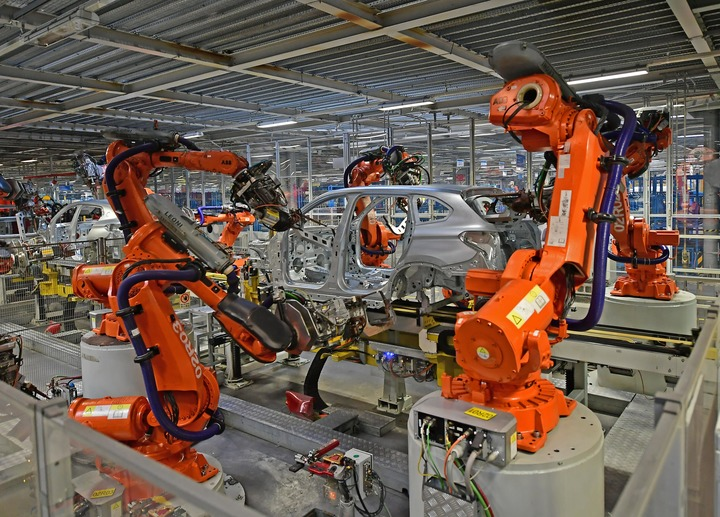BEIJING, May 23 (Xinhua) -- Chinese Premier Li Keqiang has called for more policy steps to stabilize the country's economy and bring it back onto a normal track.
While chairing a State Council executive meeting, Li also underlined efforts to keep the economy running within an appropriate range, according to a statement released on Monday.
China's economy faces mounting downward pressure, and many market entities are in difficulty, according to the meeting. It highlighted that development is the basis and key to solving all problems in China.
The country should efficiently coordinate COVID-19 prevention and control with economic and social development, and take a slew of targeted, strong and effective measures to stabilize its economic fundamentals, said the meeting.
It decided to implement 33 measures in six areas.
Fiscal and related policies will target stable operations of market entities and ensure stable employment, said the meeting.
Value-added tax credit refunds will be extended to more industries, a move that is expected to increase tax refunds by over 140 billion yuan (about 20.97 billion U.S. dollars) and bring the total amount of tax refunds and reductions to 2.64 trillion yuan this year.
The country will prolong the policy of deferred premium payments for micro, small and medium-sized enterprises, self-employed businesses and companies in the five hard-hit sectors until the end of this year, the meeting noted.
As for financial policies, it decided to double the scale of the support facility for inclusive loans to micro and small businesses.
The country will promote the listing of platform companies on domestic and overseas markets in accordance with laws and regulations, the meeting noted.
China will stabilize industrial and supply chains, optimize policies that support the early re-opening of enterprises and their full-capacity production, and improve services for "white-listed" enterprises, said the meeting.
The civil aviation industry will be offered an additional emergency loan of 150 billion yuan and will be supported in issuing bonds worth 200 billion yuan, it said.
China will increase the number of domestic and international flights, and implement measures to facilitate the travel of foreign companies' employees.
The country will also boost consumer spending and effective investment, according to the meeting.
Restrictions on vehicle purchasing will be relaxed, a number of infrastructure projects will get started, and a new round of rural road construction and renovation work will be launched.
China will also issue 300 billion yuan of railway construction bonds, according to the meeting.
To ensure energy security, the country will build a batch of hydropower and coal-fired power plants this year, it said.




 A single purchase
A single purchase









